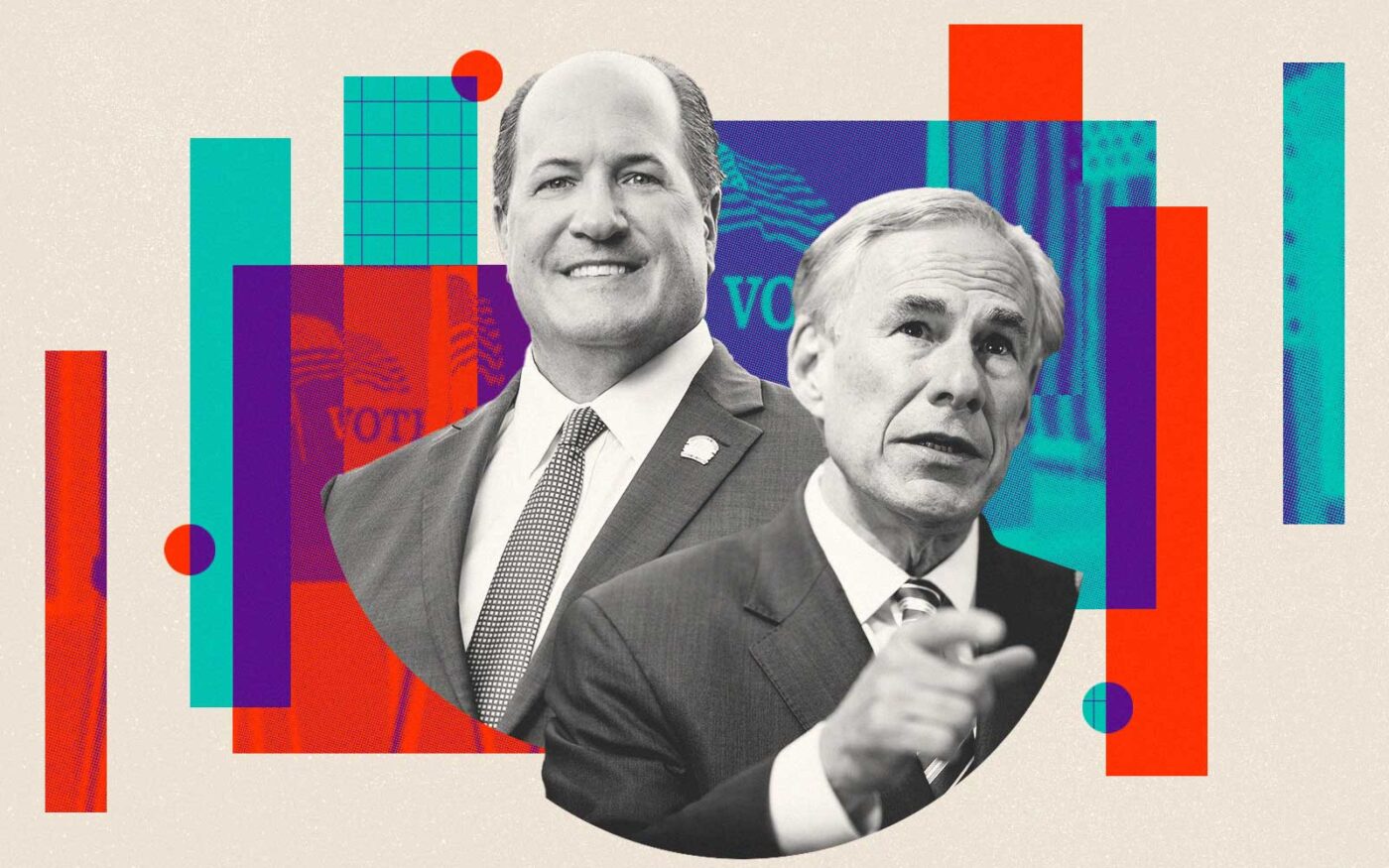After all the political drama of the most recent Texas Legislature — and the three special sessions that followed — there is still one final hurdle facing many of the key policies for real estate: the ballot box.
Many of the bills passed in the House and Senate called for constitutional amendments, so they will need the support of Texas voters in the Nov. 7 election in order to become law. Friday is the last day of early voting.
At stake are billions of dollars in property tax cuts, infrastructure spending and preservation plans.
Texas Realtors, one of the top real estate lobbies in Austin, is actively backing Propositions One, Four, Six, Seven and Eight. Marcus Phipps, the group’s chairman, said his organization met with members across the aisle to help develop the proposals, work that culminated with 3,500 members showing up at the Texas Capitol for “Realtor Day.”
“Our members showed up wearing purple because we’re not the red party and we’re not the blue party. We’re the purple party with the purple solution,” Phipps said.
These are the ballot measures with the most significant impact on real estate.
Proposition One
The first measure on ballots stems from the so-called Right to Farm Bill, which would guarantee land owners can farm, ranch, manage wildlife or produce timber on one’s land, so long as it doesn’t present a clear public health danger.
The bill is one of several passed this session that would preempt local regulations. It would bar cities and towns from, among other actions, passing prohibitive zoning rules that block agricultural work on privately owned land.
The Texas Farm Bureau supports the bill, while the Farm and Ranch Freedom Alliance argues that it gives a blank check to big agricultural producers to use bad practices.
Proposition Four
Based on the biggest real estate bill of the session, Proposition Four would increase the homestead tax exemption to $100,000 and increase state funding for public schools to make up for lost revenue from property taxes.
Earlier this year, the Legislature passed an $18 billion plan to cut school property taxes by almost 11 cents per $100 of assessed value. The state plans to send schools money from its $33 billion budget surplus to make up for the lost revenue. The plan also increases the homestead exemption, which limits the amount of a home’s assessed value that is subject to taxation.
“We are over the moon on Proposition Four,” Phipps said.
Read more



That deal came after months of squabbling between Lt. Gov. Dan Patrick and House Speaker Dade Phelan. Patrick wanted to cut school property taxes and boost the state’s homestead exemption, while Phelan wanted to cap appraisal increases. Critics said appraisal caps would push the state’s housing market in the direction of California’s, which has for years limited appraisal increases unless a property changes hands.
After the Legislature failed to strike a deal during the regular session and a special session, Gov. Greg Abbott finally weighed in, suggesting the government should pass a plan that relied only on tax cuts. The state finally reached its compromise in July.
Propositions Six, Seven and Eight:
While not directly real estate related, these three ballot measures would create large new funds to expand and secure the state’s access to water, energy and broadband. Texas Realtors is heavily supporting them, in part due to their impact on the state’s growth — and its growing real estate market.
Proposition Six would establish the Texas Water Fund, a $1 billion fund that would support a bevy of the state’s water priorities. In addition to financing infrastructure expansion and improvements, the plan would require that at least $250 million would go toward projects meant to increase the overall water supply through a variety of means including desalination, water treatment and aquifer restoration.
Proposition Seven would set aside $5 billion to establish the Texas Energy Fund, which would give low-interest loans to construct or upgrade gas-fueled power plants. “Proposition 7 protects real estate values by helping to ensure that the Texas energy grid can meet the demands of tomorrow,” Texas Realtors wrote on its website.
Proposition Eight would allocate $1.5 billion to expand internet access across the state, where some 7 million people do not have access.
The state left a number of real estate issues on the table this session, and Abbott vetoed several bills in June that the lobby had supported as he demanded action on property taxes.
Phipps said that turnout is always a factor for ballot measures, particularly in off-year elections like this one.
